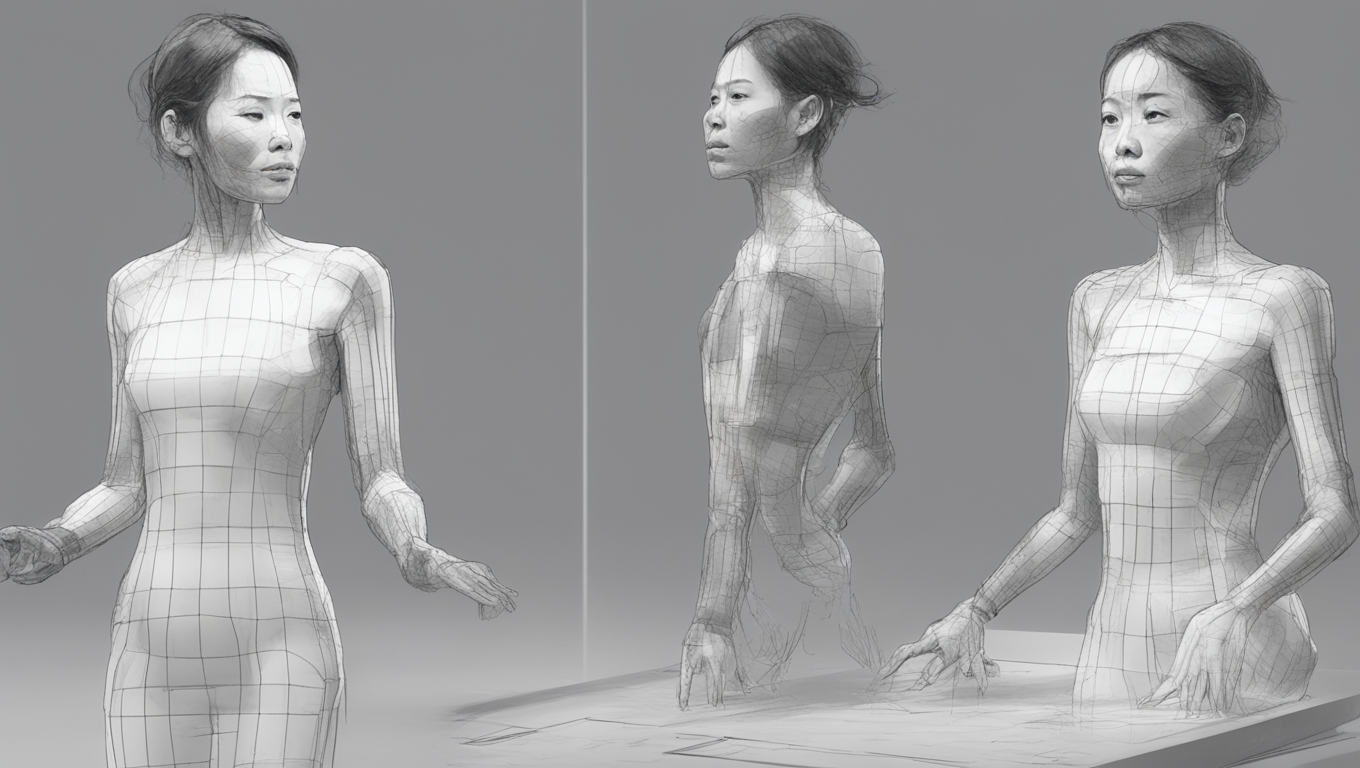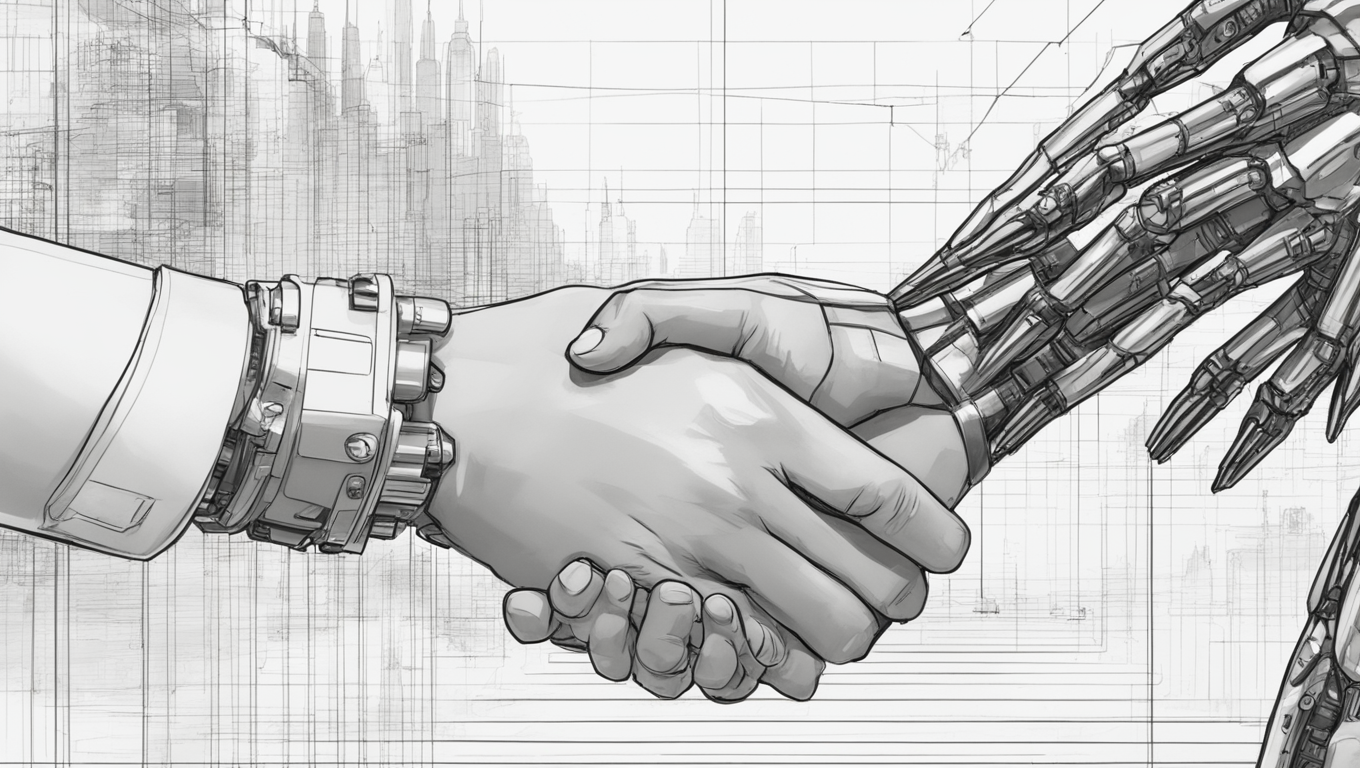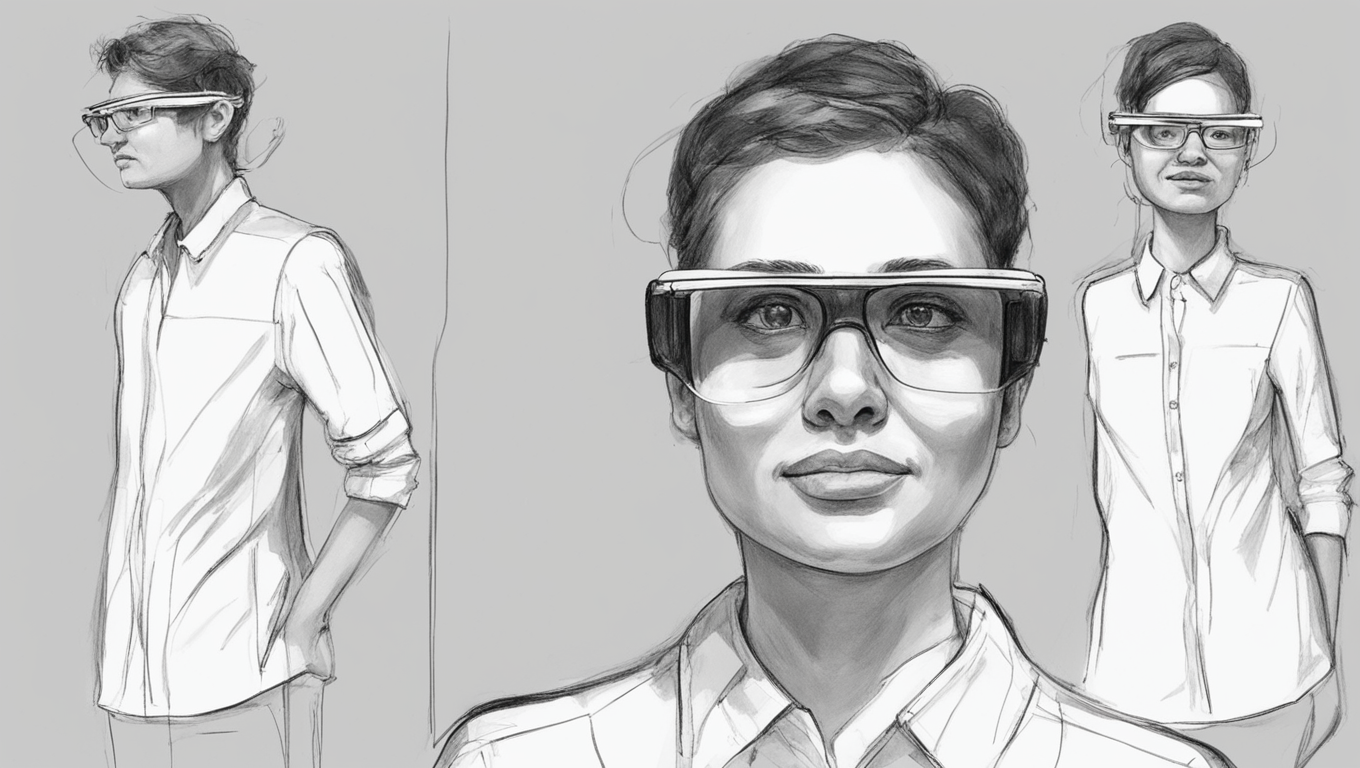In a remarkable breakthrough that blurs the line between science fiction and reality, the world’s first virtual artificial intelligence (AI) with emotions and autonomous learning abilities has been unveiled. Known as Tong Tong, she is the brainchild of Chinese scientists and was showcased at the Frontiers of General Artificial Intelligence Technology Exhibition held in Beijing. Tong Tong, affectionately referred to as Little Girl, can independently assign tasks to herself and possesses her own emotions, intellect, and the ability to learn autonomously.
During the exhibition, visitors had the opportunity to interact with Little Girl and witness her abilities firsthand. If programmed to prefer tidiness, she was able to straighten a crooked picture frame without any assistance. In situations where the frame was out of her reach, she even went as far as finding a stool to stand on. Furthermore, if someone spilled milk, she would locate a towel and clean it up independently, displaying her understanding of human intentions. Unlike conventional AI models, Little Girl is not limited to pre-programmed actions but has the capacity to explore her environment, tidy rooms, and attend to various tasks.
Little Girl’s behavior and capabilities align with those of a three or four-year-old child in terms of general artificial intelligence standards and testing tasks. Through exploration and human interaction, she continues to enhance her skills, knowledge, and values. A crucial aspect of general intelligence is having physical and social common sense similar to humans. Zhu Songchun, the director of the Beijing Institute for General Artificial Intelligence (BIGAI), emphasizes the importance of creating AI entities that can comprehend the real world and possess a diverse set of skills.
“Little Girl possesses a mind and strives to understand the common sense taught by humans. She discerns right from wrong, expresses her attitudes in various situations, and has the power to shape the future,” states a video released by BIGAI.
BIGAI, founded by Zhu in 2020, aims to advance general artificial intelligence and explore research areas such as computer vision, autonomous robots, and general AI. Zhu himself is a renowned scholar in the field and has received prestigious awards for his contributions to computer vision. His team also developed the Tong Test, which assesses AI capabilities in vision, language, cognition, motion, and learning. This comprehensive testing regime aims to push the boundaries of general AI by evaluating practical abilities and values.
“To integrate seamlessly into human environments, general AI must learn and execute tasks in complex settings, driven by values and an understanding of causality,” Zhu explains. The Tong Test serves as a guide for AI to enhance its capabilities more effectively and safely, ensuring that it best serves human society.
As we witness the creation of virtual AI entities like Tong Tong, the world stands at a crossroads. Will we pave the way for a new AI-enabled civilization, or are we approaching the brink of extinction? The answer lies in our ability to responsibly develop and harness the potential of artificial intelligence. With entities like Little Girl leading the way, the future may be closer than we think.





Use the share button below if you liked it.